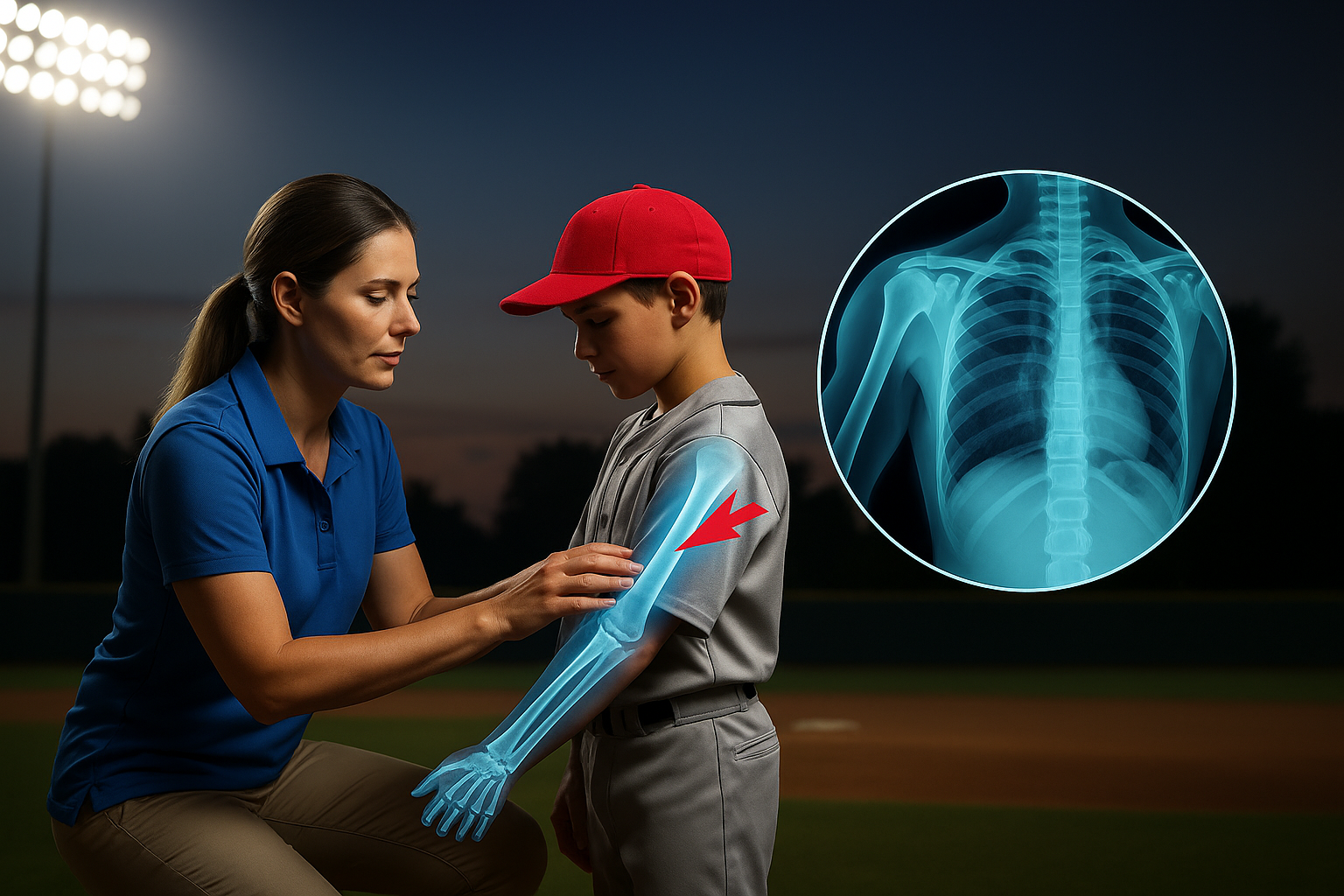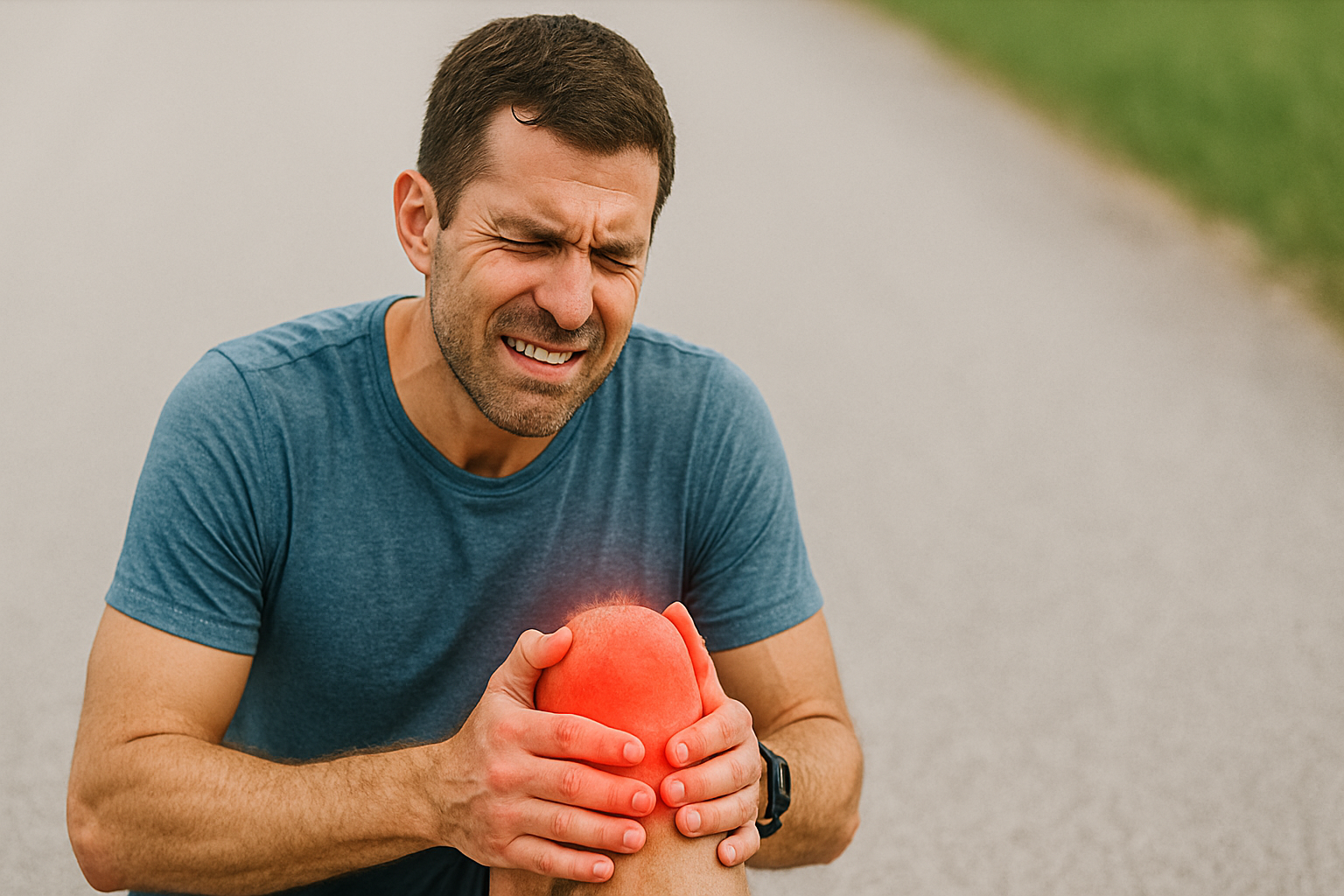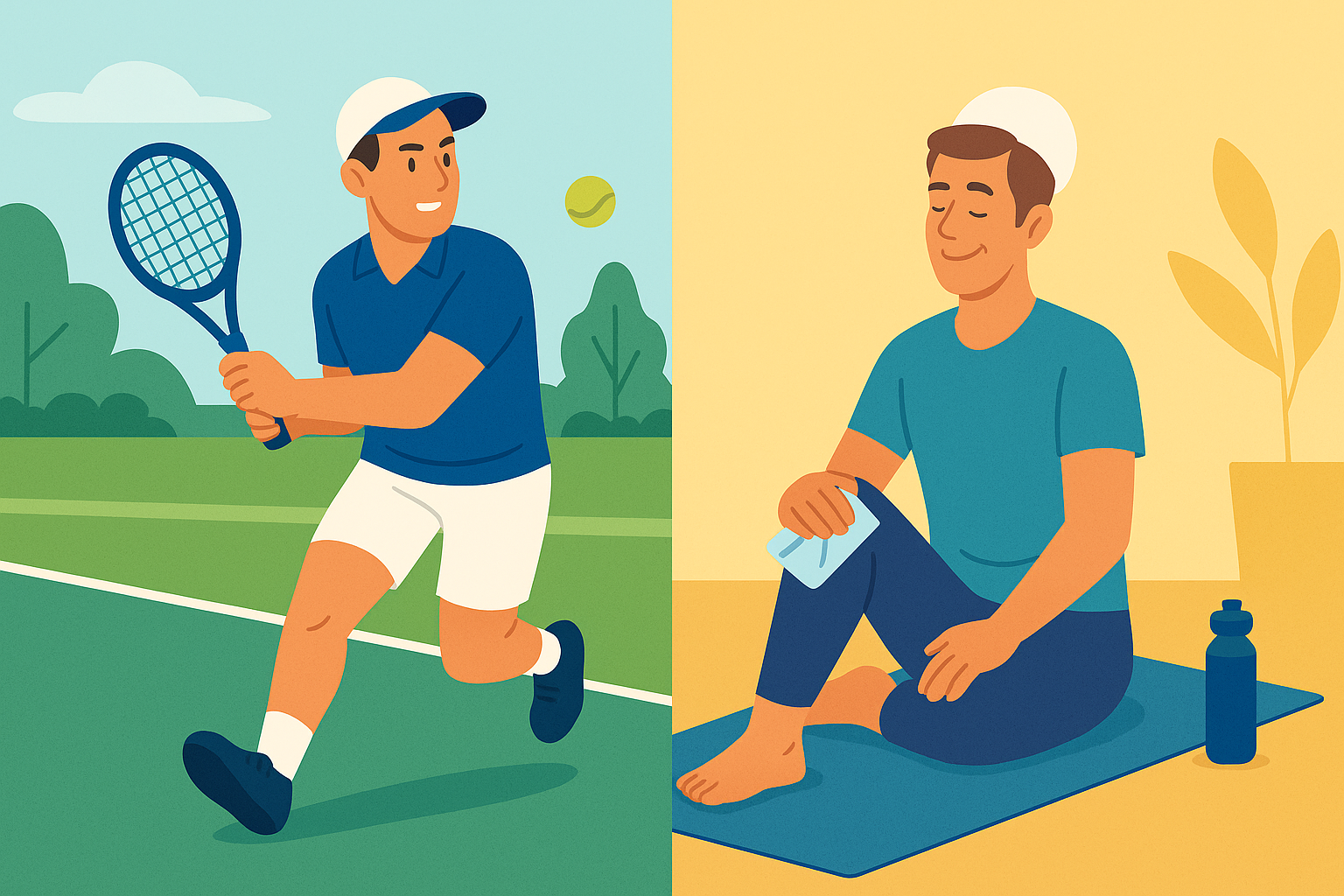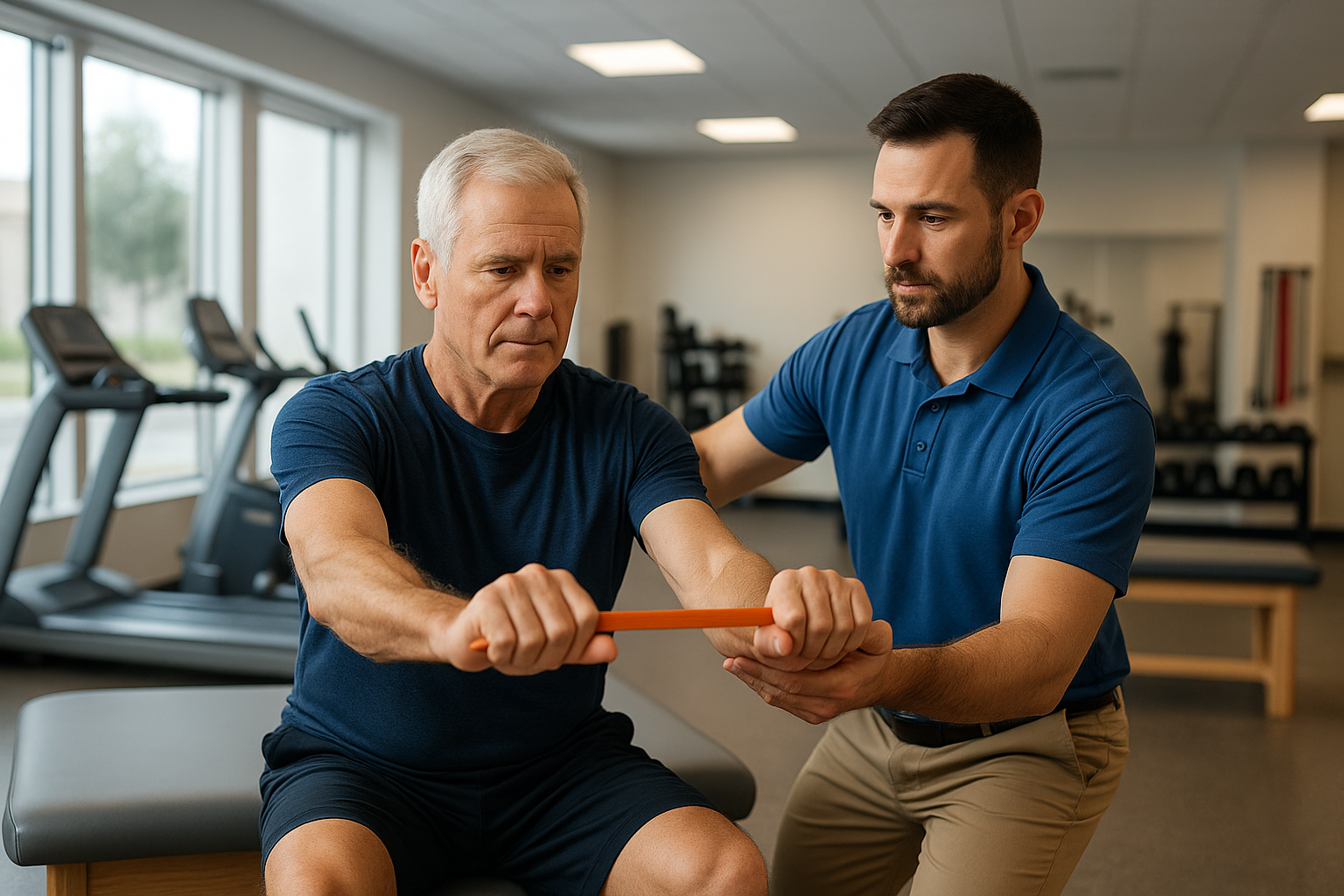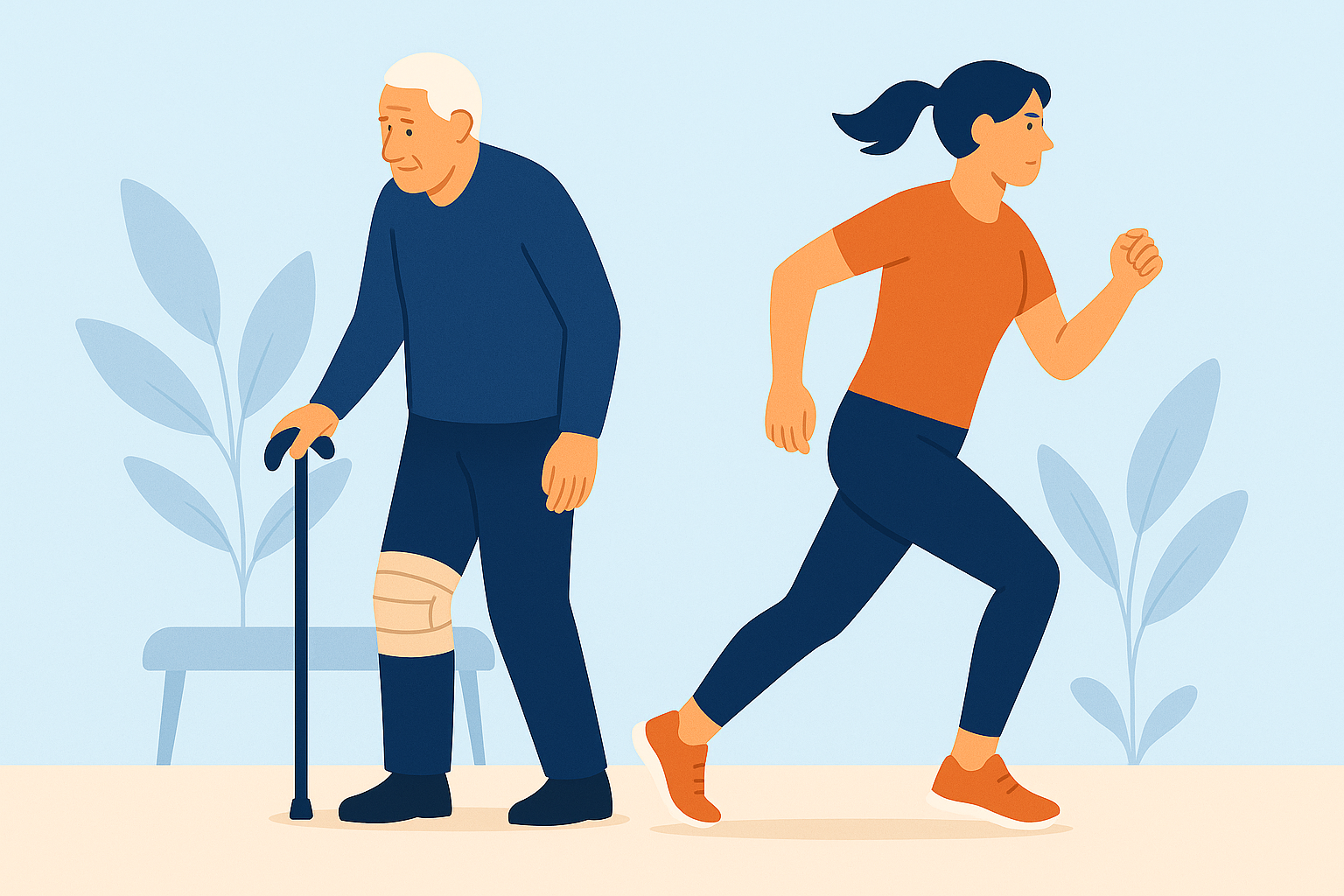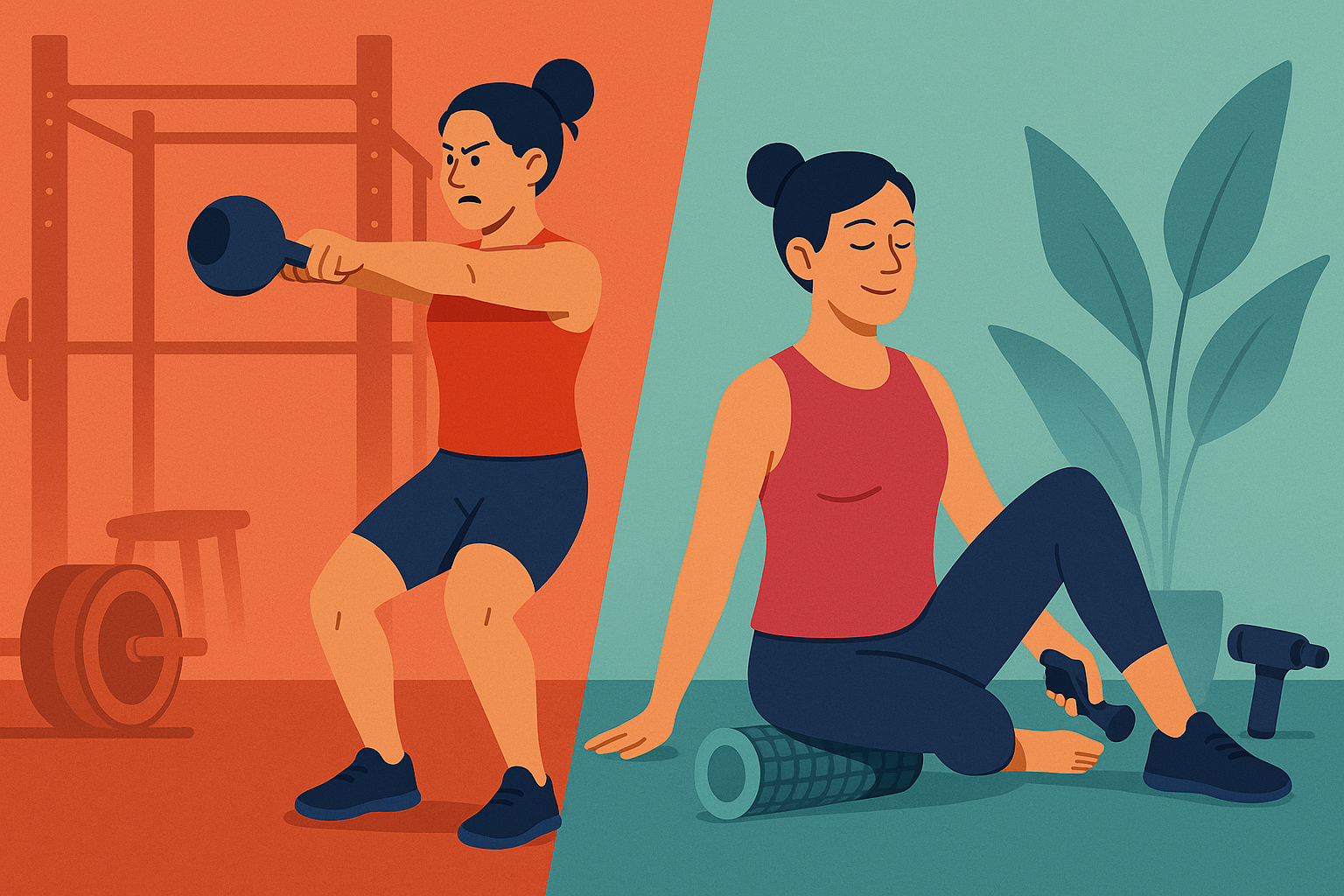The Baseball Parent's Guide to Arm Health: What Every Parent Needs to Know
As a former collegiate baseball player turned physical therapist, I’ve seen the game from both sides. I’ve felt the thrill of striking out the side, and I’ve experienced the despair of arm pain that threatens to end it all. Now, as a Doctor of Physical Therapy, I spend my days helping young athletes avoid the mistakes that derailed so many careers—including almost my own.
If you’re a baseball parent, this guide is for you. Let’s talk about what’s really happening with your young athlete’s arm and how to keep them healthy for the long haul.


